Disability Advocacy
Advocating for disability is really close to my heart because I have a disability. I’ve found throughout my life that it’s important to educate and give others a new perspective on disability so that the world can be more inclusive. Many times we are ‘tossed’ aside, and instead of being heard, people tend to assume stereotypes about us. This public service announcement series helps encourage people to not stereotype people with disabilities, but instead get to know and treat them as you would anyone else. In Photoshop I used different blending modes and masking, to make my own disability symbol based on the universal wheelchair symbol, to look like part of the trash. I also chose complimenting type and the blue color associated with disability to tie in the concept. After doing this PSA poster series, I thought more about the disability industry. Some people have to get their wheelchairs serviced, so I made an augmented reality software prototype where they could put their phone over any part of their wheelchair to get a status update. It would show them wheelchair parts, battery, alerts, and the overall health status of their wheelchair. I also added an appointment button to schedule one before their wheelchair completely breaks, so they wouldn’t be without their mobility and independence. Once they are at their appointment, I thought about experiential design and added illustrated wheelchair art that relates to the business and customer, to keep them intrigued while they wait. By being willing to listen, learn, and act we can all do our part to make this world more inclusive.
Skills:
Concepting, Creative Writing, Idea Statements, Typography, Layout, Hierarchy, Photo Treatment, Collage, Sketching, Iconography, Illustration, Technical Drawing, Motion Design, Mockups
Overview:
PSA Campaign / Augmented Reality Motion Design / User Interface / Experiential Design / Technical Drawing
Software:
Adobe XD, Photoshop, Illustrator, InDesign, After Effects, Vimeo
Public Service Announcement
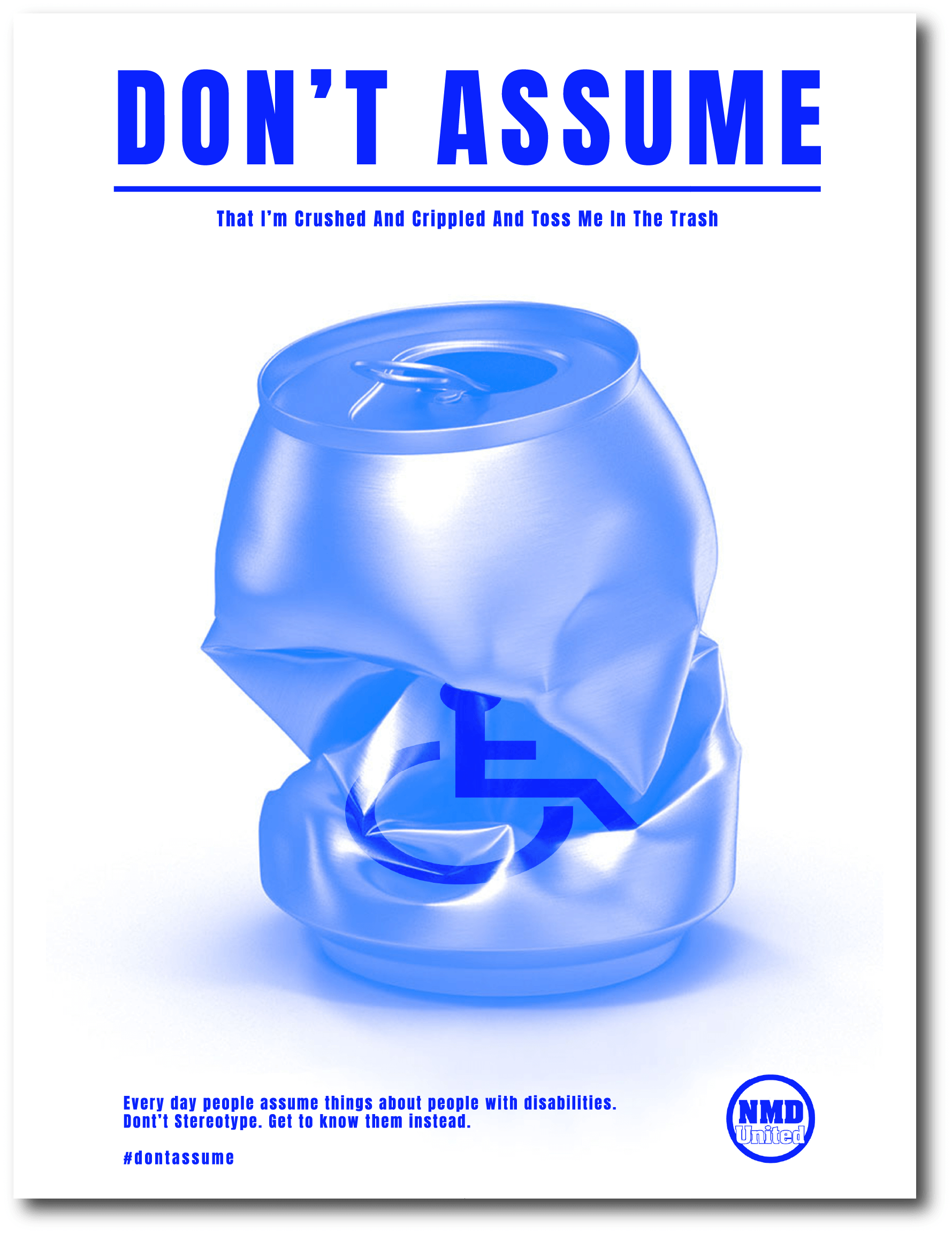
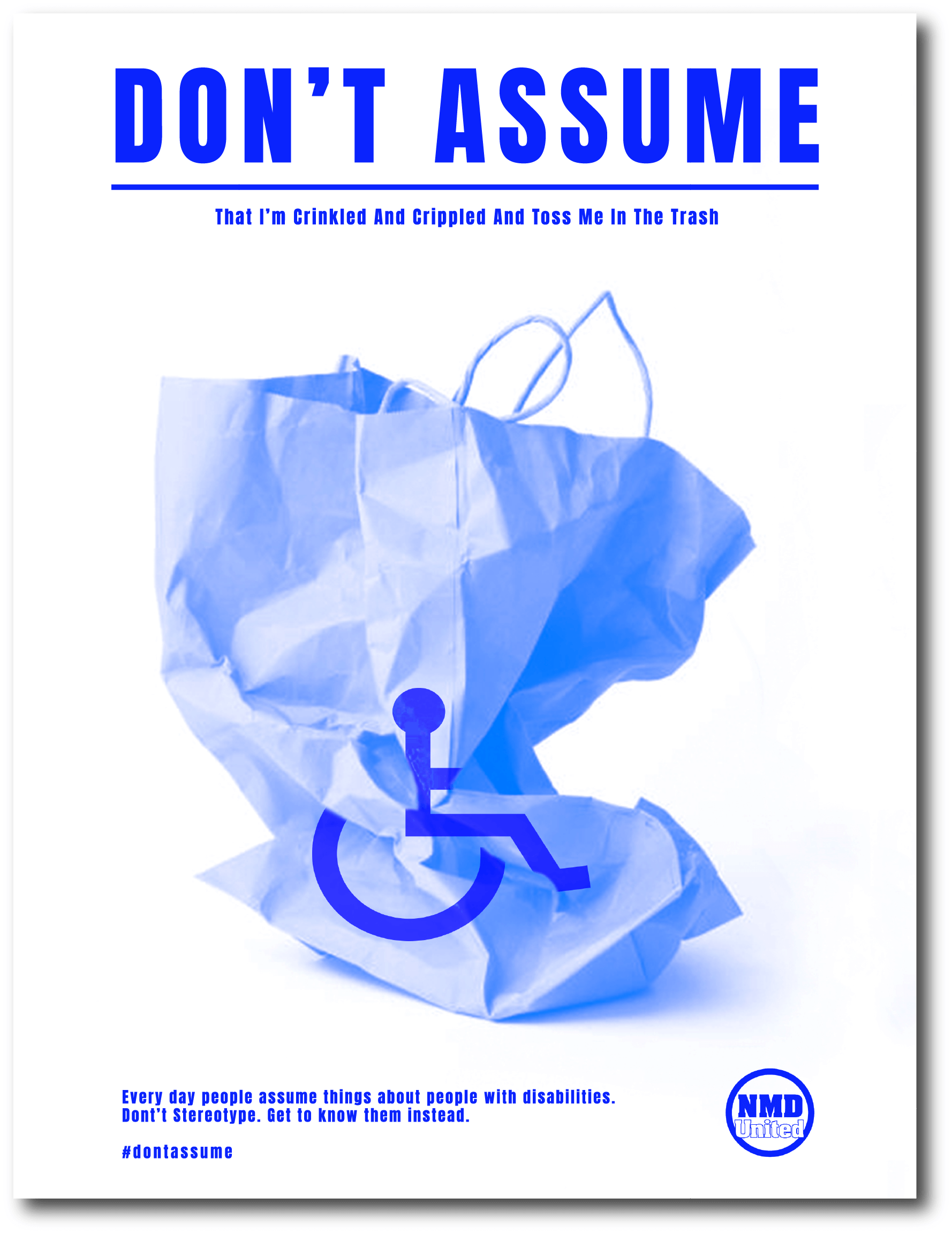
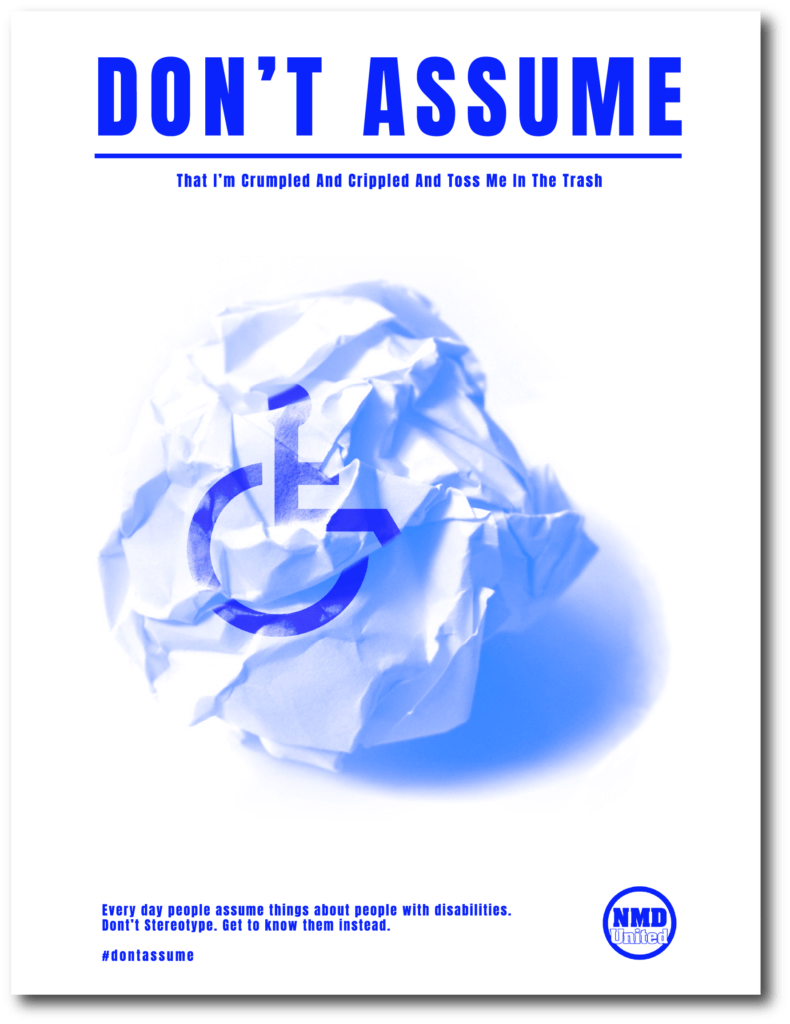
Guerrilla Marketing PSA
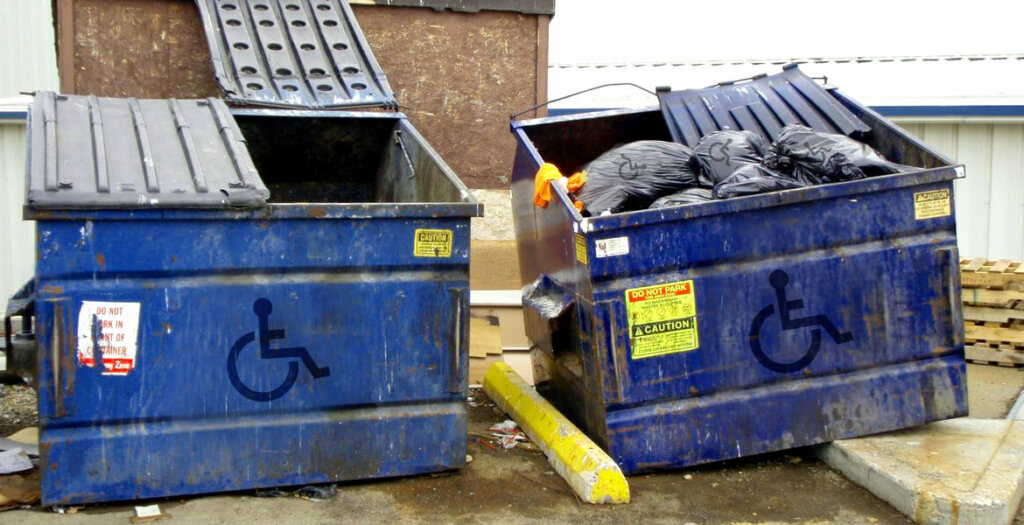
Bus Wrap PSA

Disability Icon

Thumbnail Sketch Ideas
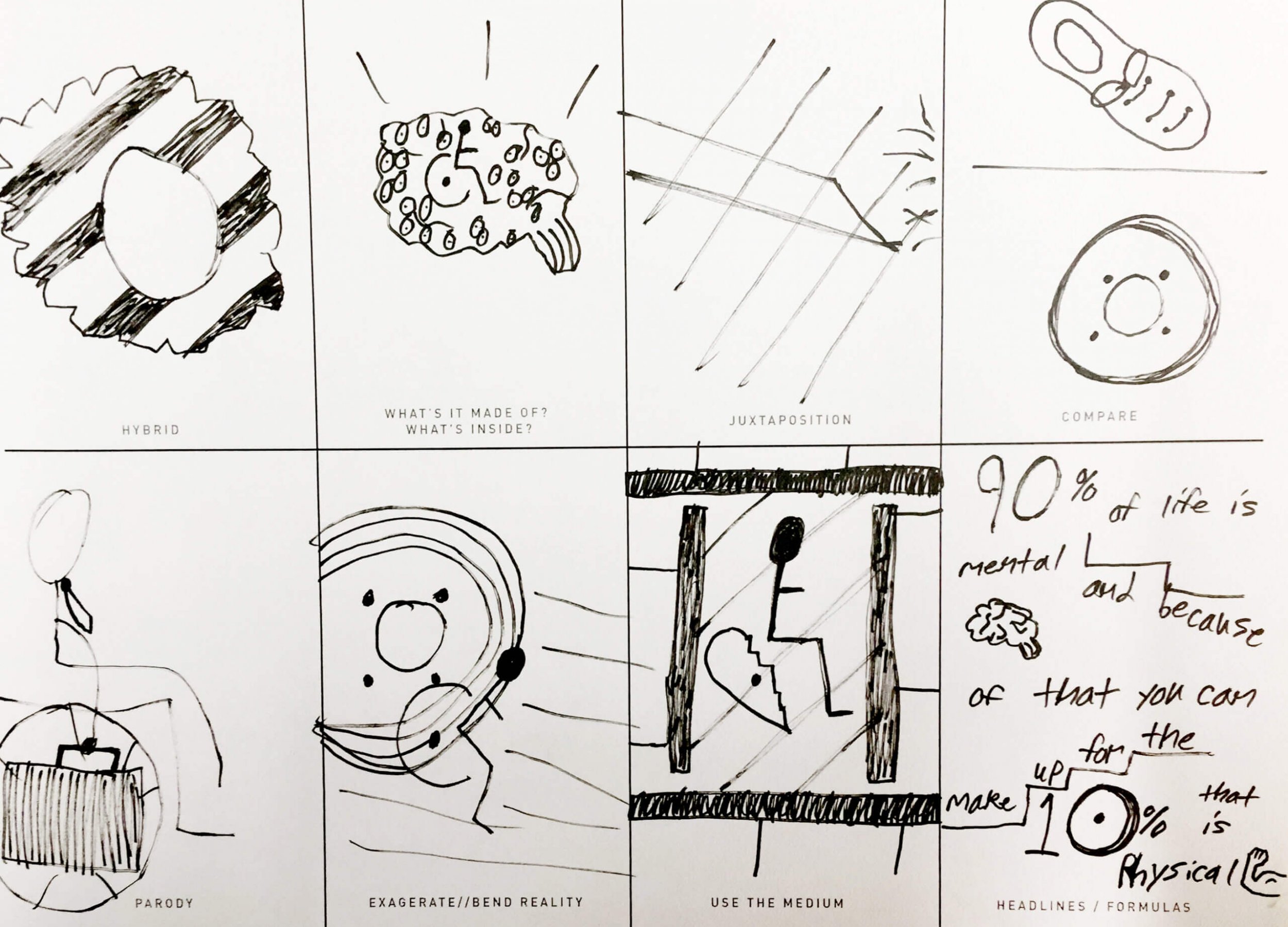
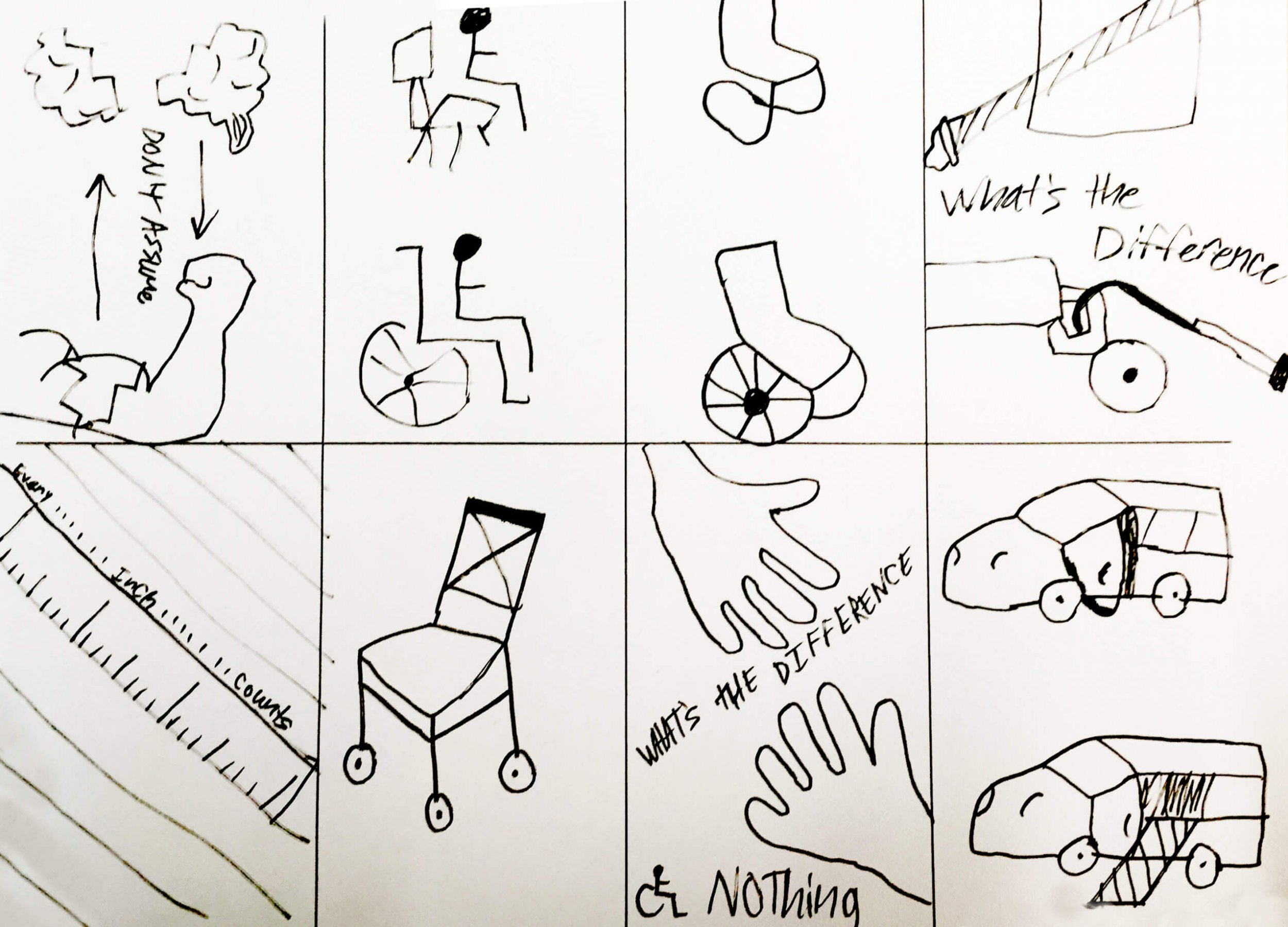
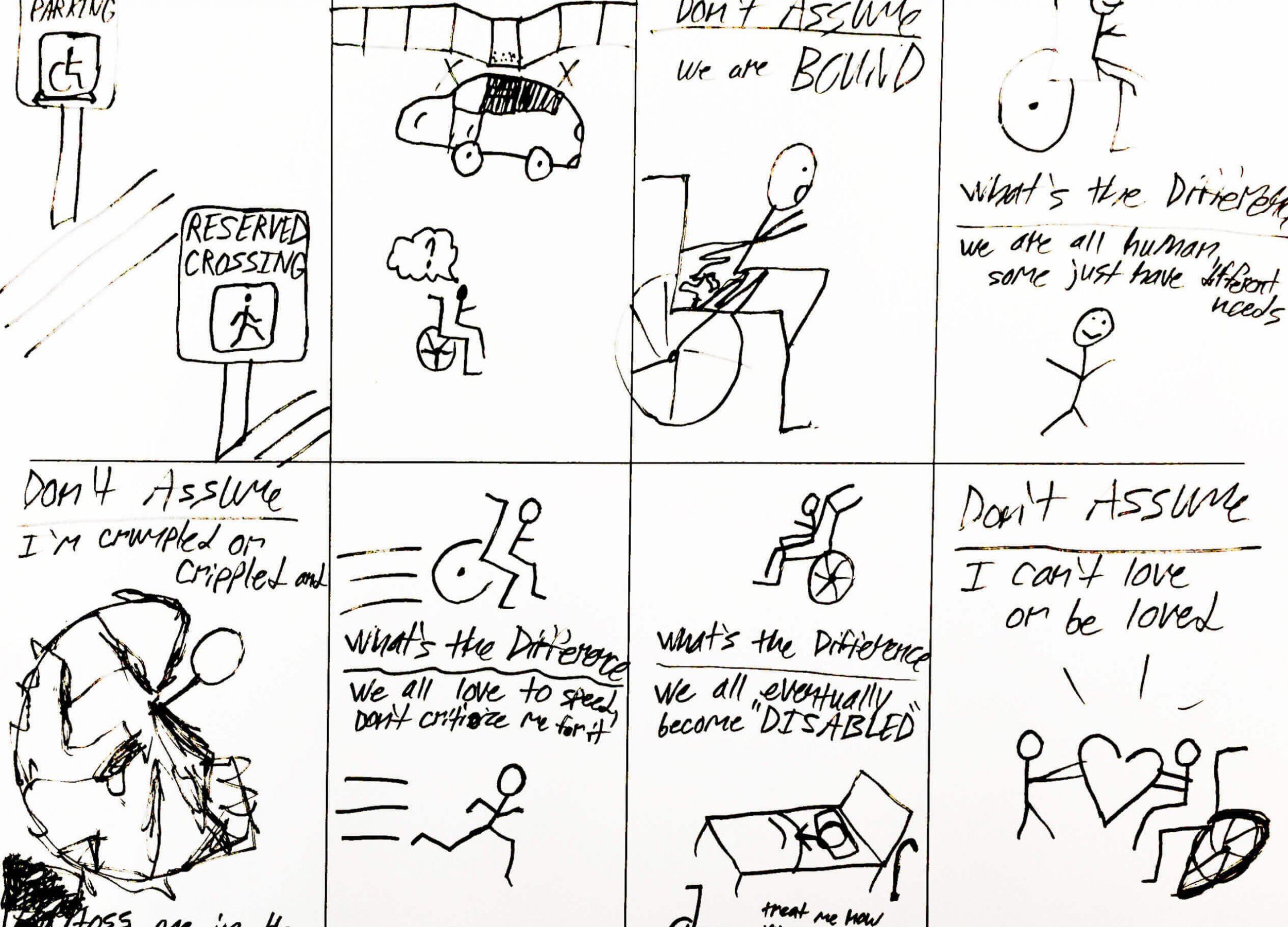
Concept 1, 2, & 3 Idea Statements
Wheelchair Technical Drawing
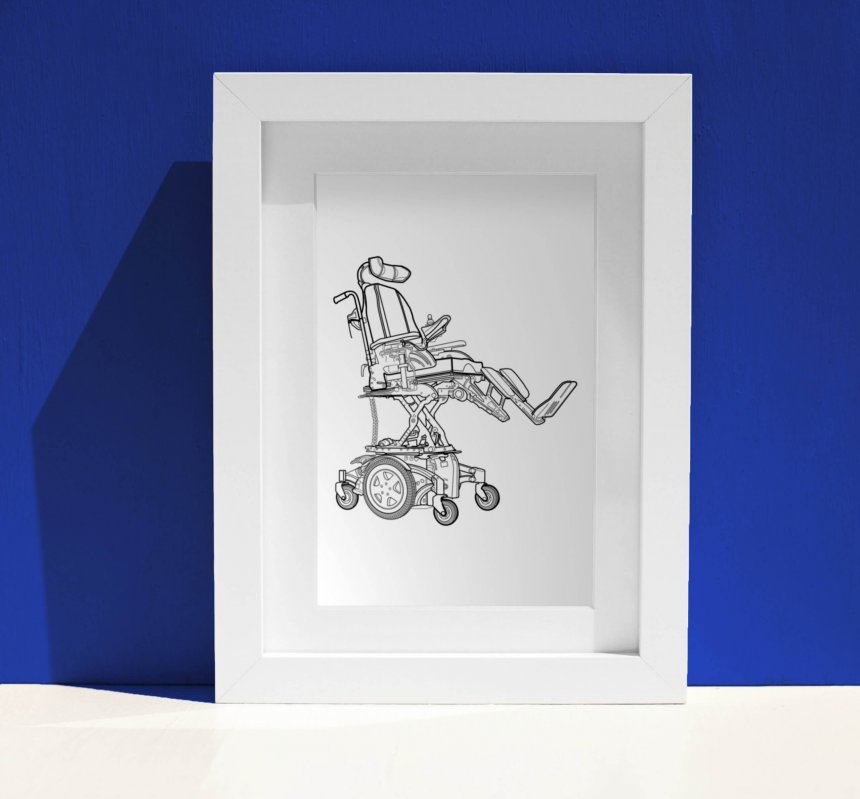
Wheelchair Augmented Reality
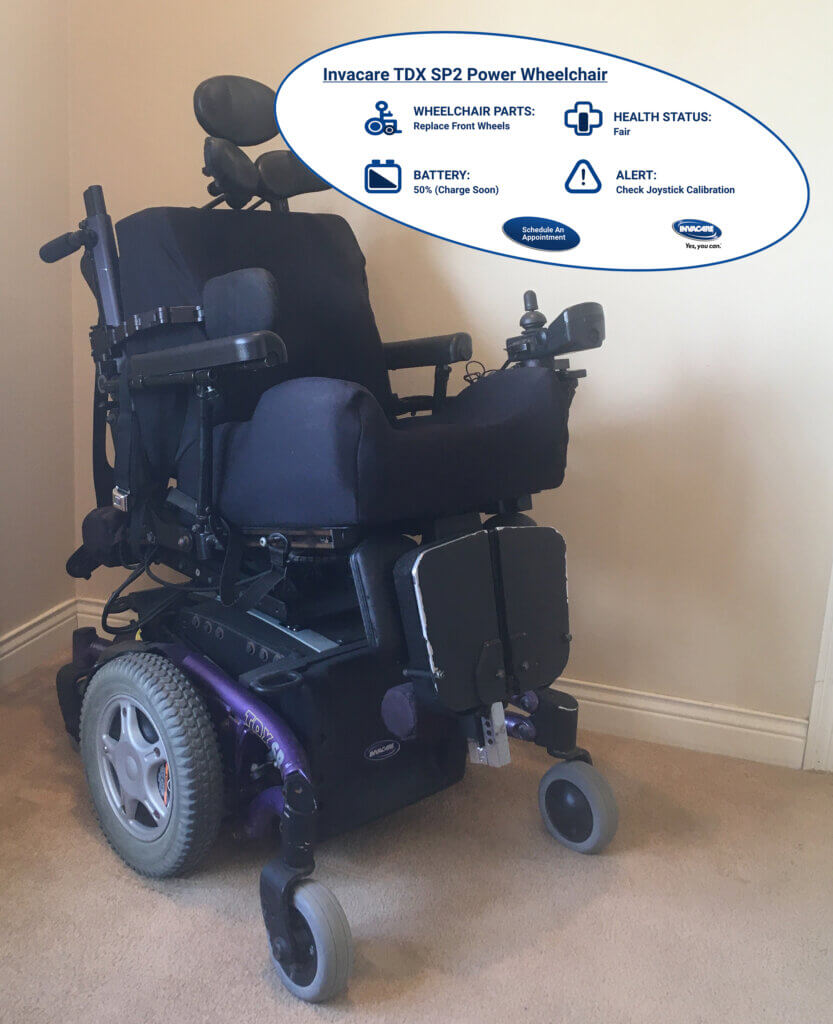
Invacare Augmented Reality Pop Up
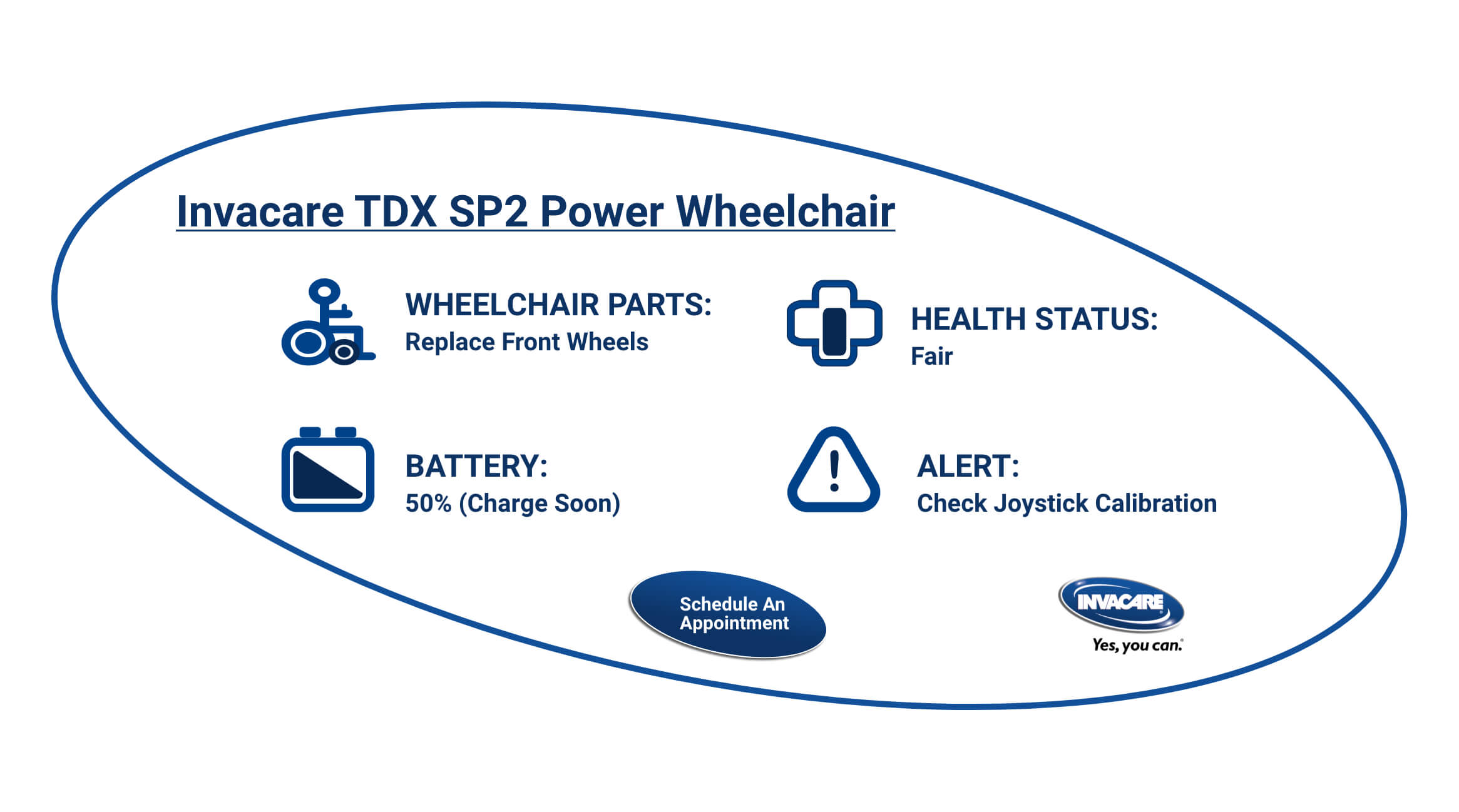
AR Icons & Exploration
AR Work In Adobe XD
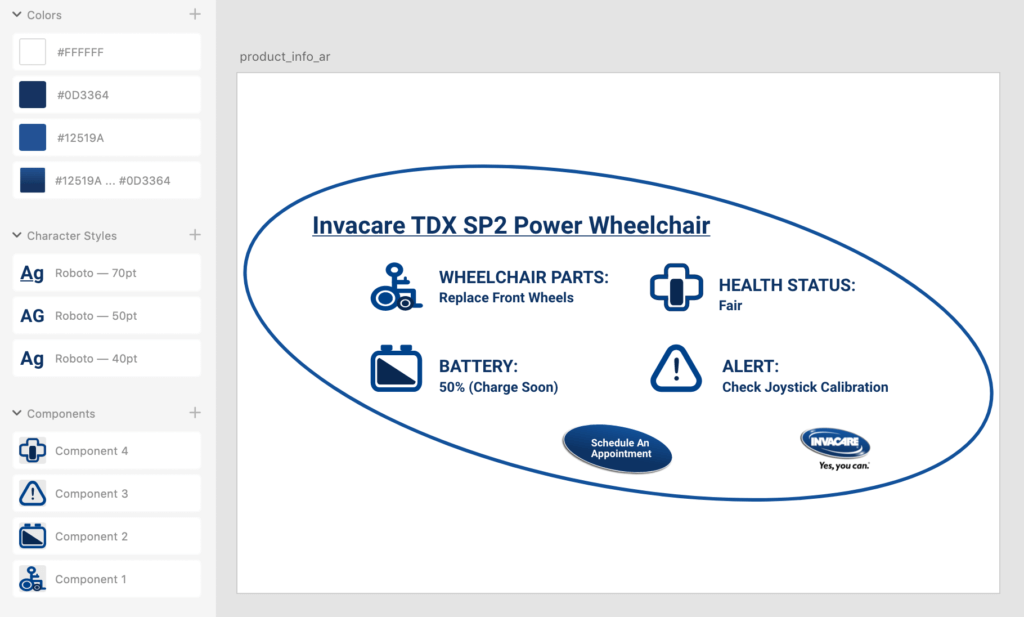
Want to see more of my process? Scan this QR Code and click on the App & AR Design Highlight Story!

Disability Pride & Awareness Month (July)
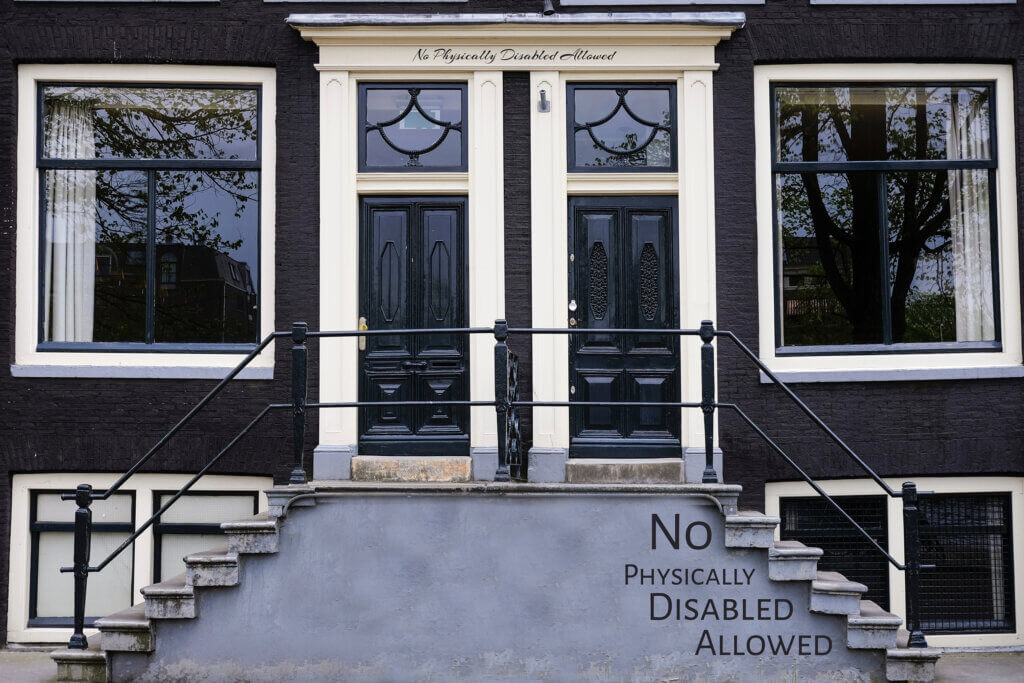
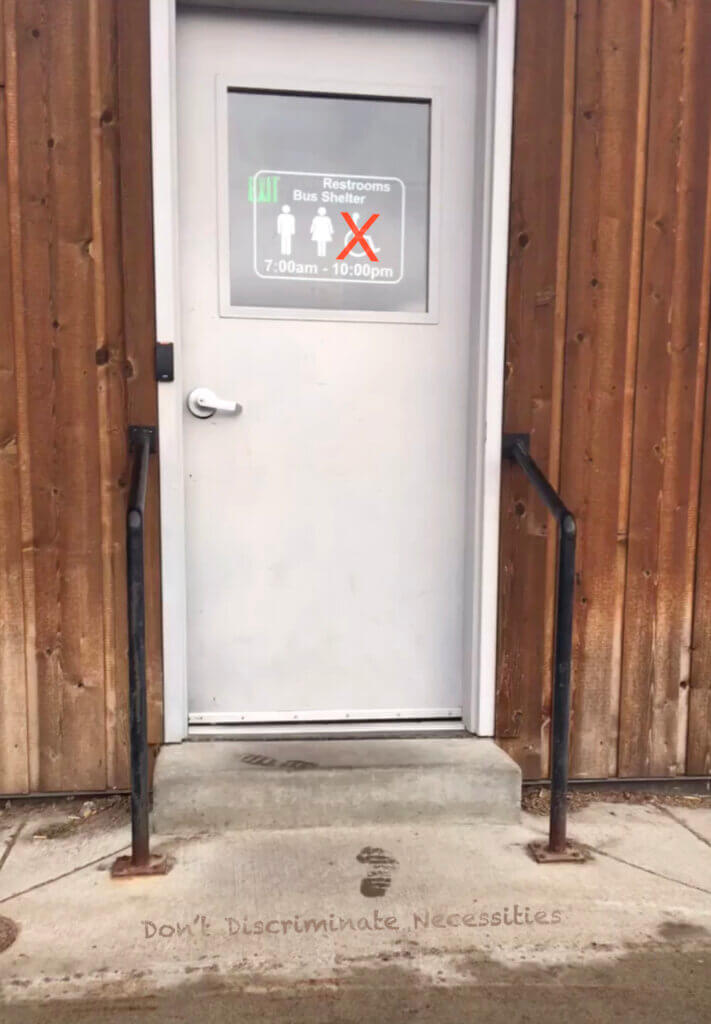
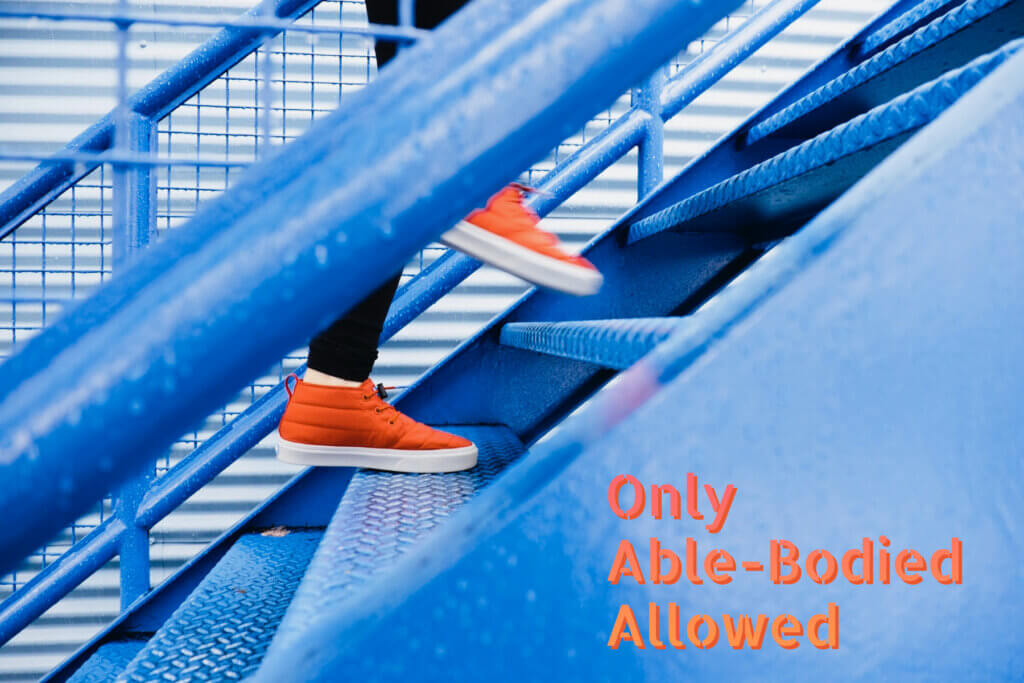
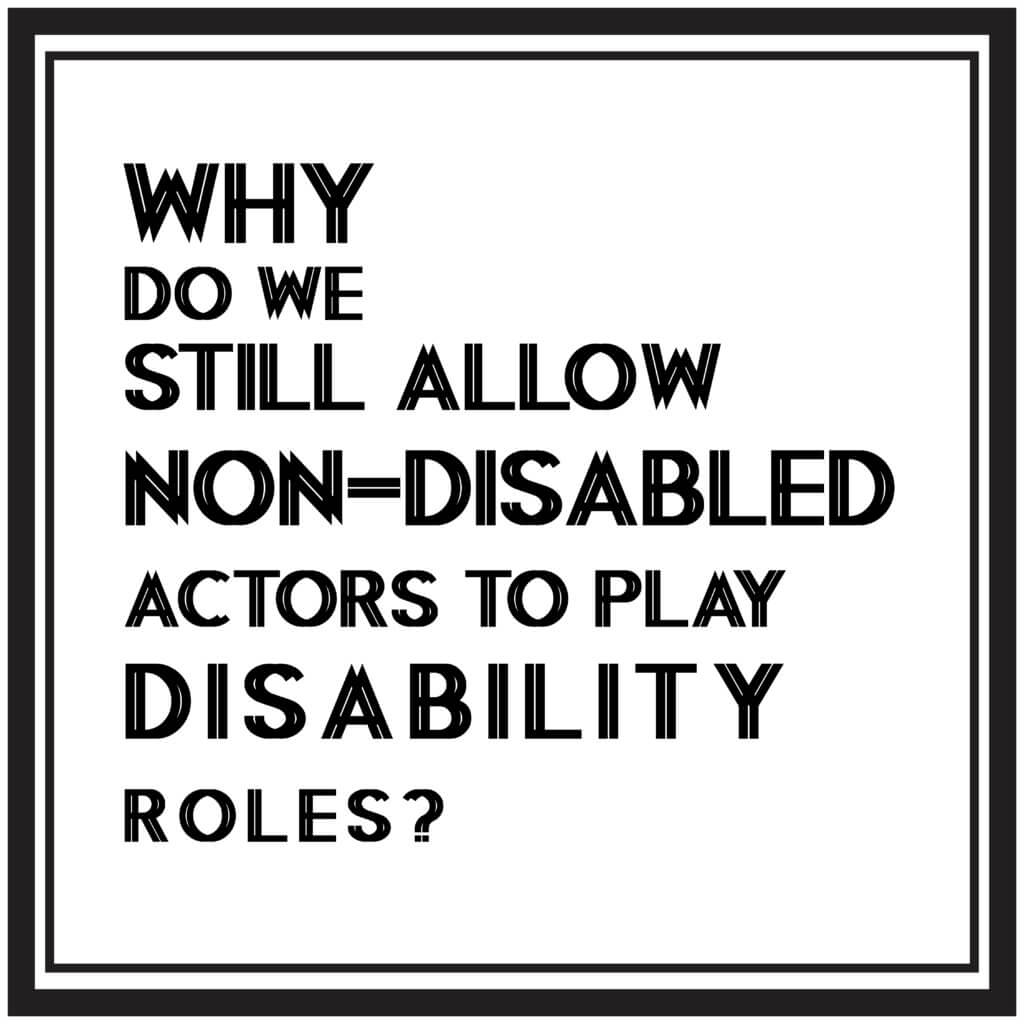
Design 1:
“No Physically Disabled Allowed”
- When I see a step, it’s telling me “No Physically Disabled Allowed.” If you saw an actual sign for that on a business door would you tolerate that? No, nor should you! Then why do we tolerate a step that is saying the same thing? Blocking someone from the independence they didn’t choose not to have. I say this to illustrate a point and perspective of how people with disabilities have to live life on a day-to-day basis, never knowing what independence will be given or taken, but always being prepared for it.
Design 2:
“Only Able-Bodied Allowed”
- Let’s work on making this world a more inclusive place by advocating for accessibility. Making things accessible for everyone makes everyone’s lives easier. Disabled people strive for the same things in life, but barriers like steps keep us from basic life activities. I face discrimination, whether it’s intentional or not. Countless times I’ve sat outside of restaurants, events, tourist attractions, friends’ houses, and even businesses wondering what it would be like to experience the same freedoms everyone else gets to who steps over that step without even thinking twice about who isn’t allowed in there.
Design 3:
“Don’t Discriminate Necessities”
- I have only seen two truly accessible bathrooms in my lifetime. Most bathrooms are not actually accessible to everyone, and most of the time even accessing the building it’s in is a problem. This is a basic human right that disabled people are often burdened with the responsibility of always having to consider where the accessible bathrooms are whenever going out, or even if there are any.
Design 4:
“Why Do We Still Allow Non-Disabled Actors To Play Disability Roles”
• People with disabilities are rarely represented in the media, so when we actually are, it needs to be someone who is actually disabled, because if you’re trying to represent us but don’t actually include the people you’re trying to represent that’s just plain ridiculous and offensive. There are actors with disabilities who actually live with and can better represent in that role what it’s truly like living with a disability, who are often overlooked
Disability Awareness Post
By Annie Heathcote
July is disability pride and awareness month and I just wanted to say some last words to commemorate this, as it comes to a close.
The word disability has been a part of my life since I can remember. Growing up I was always different, and not the “norm”. Even from a young age I knew, felt, saw, and experienced what it was like being different and having a disability. It has taken away from me many aspects of my independence, and no matter how much I work for and strive for normalcy it will never truly be my reality.
Spontaneity is also foreign to me; everything has to be logistically planned ahead of time. When there is an activity or event I always have to check if it’s accessible, because that’s something I will always have to consider that others don’t. I face discrimination, whether it’s intentional or not. Countless times I’ve sat outside of restaurants, events, tourist attractions, friends’ houses, and even businesses wondering what it would be like to experience the same freedoms everyone else gets to who steps over that step without even thinking twice about who isn’t allowed in there. When I see a step, it’s telling me “No Physically Disabled Allowed.” If you saw an actual sign for that on a business door would you tolerate that? No, nor should you! Then why do we tolerate a step that is saying the same thing? Blocking someone from the independence they didn’t choose not to have. I say this to illustrate a point and perspective of how people with disabilities have to live life on a day-to-day basis, never knowing what independence will be given or taken, but always being prepared for it.
As common as disability is, it’s not spoken of or learned about enough. The world prides itself on speaking up, but the ones that always get forgotten, is what I refer to as “The Forgotten 20%” of people who live with a disability of some sort. People with disabilities rarely get represented in the media, TV, movies, and even the education system. And when we are portrayed, they make it seem like life with a disability is so horrible that it’s not worth living, which is so untrue. People who live with a disability have purpose, value, and are worthy of respect and love, and not less than! It’s just we live and fight for every right of freedom and independence that so many people take for granted, and some even complain about.
It is 2020, what are some ways we can make our world more accessible? Here are some suggestions: accept, respect, and learn from people with disabilities, read books, posts, and articles written by disabled influencers, increase disability representation, think about and act on ways you can make the area around you more accessible with universal design, be inclusive, redefine your stereotypes, biases, and norms, make sure every voice is heard and respected by being present and patient, talk directly to people with disabilities, and engage and get to know people in the disabled community. By doing these we can help break barriers and help the world be more aware and inclusive of people with disabilities.
What does disability mean to you? In a way we all are disabled because we each have our own weaknesses, so let’s not look down upon people that may have more than others. We are all human, just people in different situations in life. Honestly, anyone can become disabled at any moment in life, so we should care. If you have made some mistakes towards people with disabilities, I don’t blame you for it, I forgive you. But that also means it’s your responsibility to educate yourself, start learning from, and treating people with disabilities as people, before their disability. It’s up to each and every one of us.
If you believe in advocating for the forgotten 20% of people living with disabilities feel free to like, share, and strive to live your life following the suggestions above.